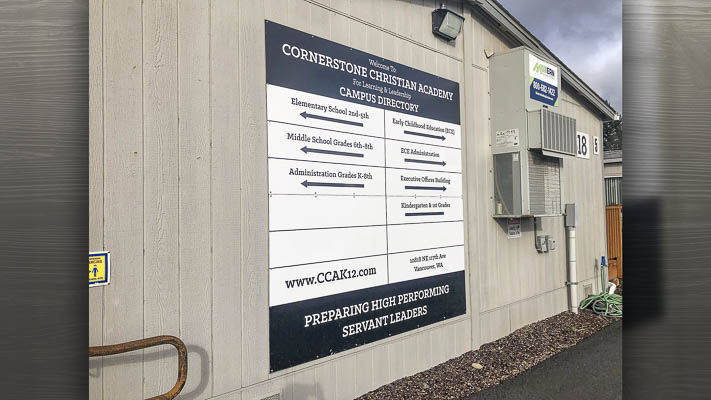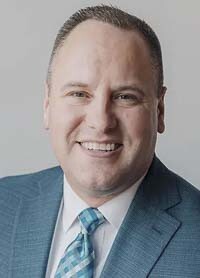
Chris Cargill of the Mountain States Policy Center provides details of the analysis provided by the Education Psychology Review’s new research
Chris Cargill
Mountain States Policy Center
Another anti-choice argument has fallen.
New research from the Education Psychology Review indicates students who attend private and parochial schools perform much better when it comes to obtaining well-rounded civics knowledge.

Analysts looked at four different categories to make their determination:
- Political tolerance – an individual’s willingness to respect the rights and opinions of people who are different from them
- Political participation – a person’s willingness to engage in the activities of self-government
- Civic knowledge and skills – a set of understandings and abilities widely viewed as conducive to self-government
- Voluntarism and social capital – one’s involvement in activities that benefit the broader community and the depth of one’s community attachments
The meta-analysis looked at the results of more than 60 studies from across the globe. In total, the data shows many more positive than negative results.
“Religious private schooling, particularly, is strongly associated with positive civic outcomes. The evidence is especially strong that private schooling is correlated with higher levels of political tolerance and political knowledge and skills. We discuss heterogeneities, robustness checks, and implications.”
Some claim that, because public schools are government controlled, they can do a better job at producing civics outcomes. In fact, those opposed to school choice have often used this argument, saying that choice would “destroy democracy.”
But civics education has been downright disastrous in the United States, especially over the past decade. The 2022 testing released by the National Assessment Governing Board showed only 22% of eighth graders were proficient in civics.
A well-rounded education is about more than just test scores. Schooling has a critical role to play in nurturing an informed, tolerant and democratic citizenry.
Are public schools meeting that standard?
Also read:
- Opinion: OIC tells consumers not to pay for ‘insurance’ you won’t likely benefit from: Does that include WA Cares?Elizabeth New (Hovde) of the Washington Policy Center believes you should consider yourself warned by the Office of the Insurance Commissioner about WA Cares and its maybe-only benefit.
- Opinion: Same road, different speed limit?Target Zero Manager Doug Dahl addresses a question about speed limit signs going into and leaving town.
- Opinion: Hiding the growing cost of the Interstate Bridge replacementJoe Cortright of the City Observatory addresses the rising cost of the Interstate 5 Bridge replacement project.
- Letter: ‘This election I am NOT voting for Greg Cheney’Clark County resident Wynn Grcich shares her thoughts on Rep. Greg Cheney and the issue of fluoridation in area drinking water.
- POLL: Should biological males who identify as females be allowed to compete in athletic events against biological females?Should biological males who identify as females be allowed to compete in athletic events against biological females?










